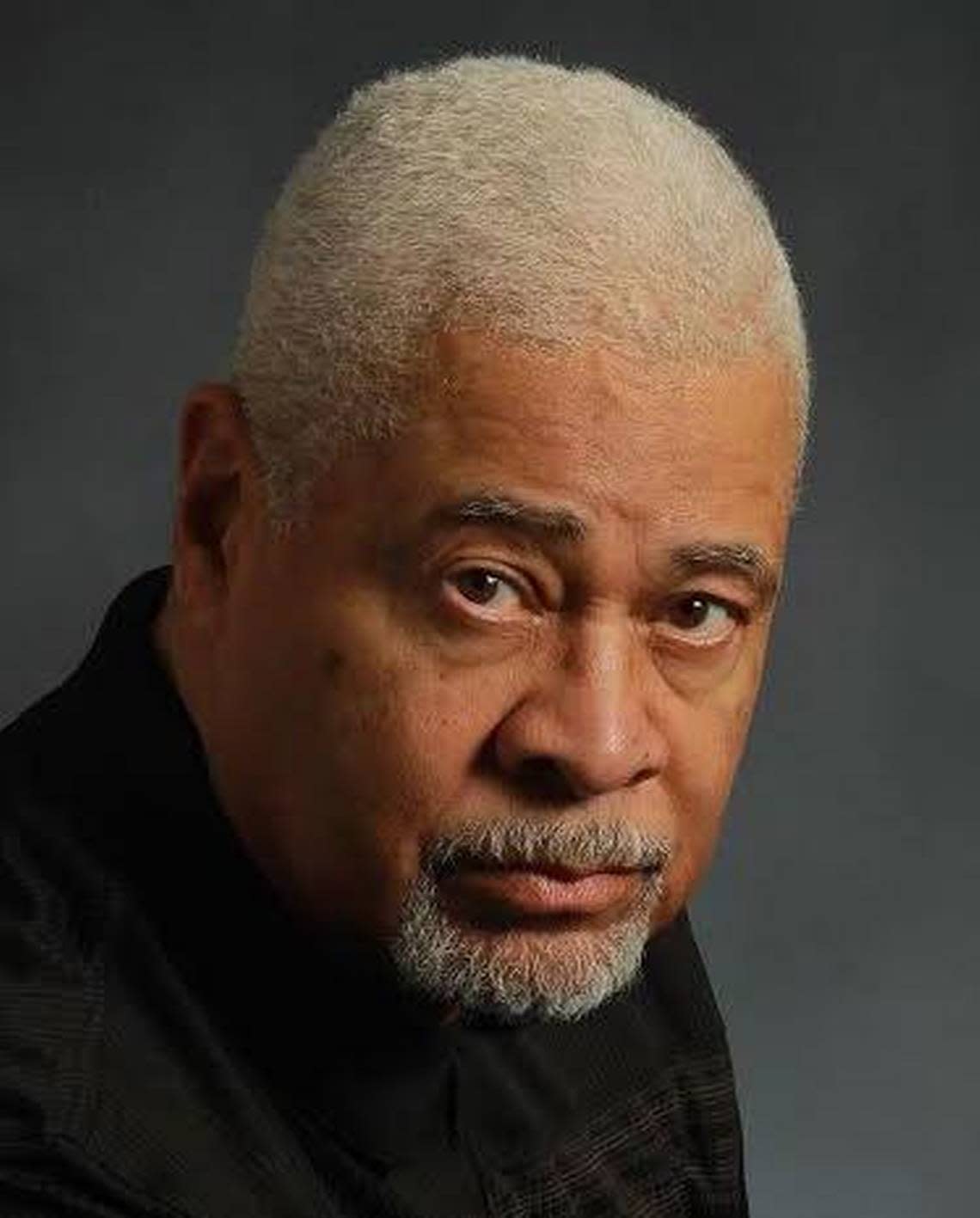Under the baobab: Finding a common road is the only way to move forward

Racism, both institutional and personal, is a malingering disease that infects both the perpetrator and victim. To cure it, we must seek common ground, rooted in the basic human values of respect, civility and love. But, we cannot ignore our history.
Recently I was in Toronto filming an episode of Natasha Rothwell’s TV series, “How to Die Alone.” My driver from the airport was Joe, a 65-year-old white guy. As he began casually talking about his 150-acre chicken farm located a few kilometers outside the city, my body tensed up. I started to speculate about who he was, his politics, his prejudices. I assumed that had Joe been a Centre County family farmer picking me up from the State College airport we might both react to each other based on our historical preconceptions, which could very well confine us into strained, semi-adversarial silos. But Joe was Canadian. He continued, talking about his loving wife (they were coming up on 40 years together); his pending retirement as a driver (hence the chicken farm); escaping away from the hustle and bustle of rapidly urbanizing Toronto. My tension abated. I realized I was talking to someone very much like myself. Despite living on different sides of the border, we had more in common than not.
Our neighbors to the north do not have a protracted history that includes the enslavement of millions of Africans. As a nation they did not build a system of Jim Crow segregation that attempted to dehumanize ten percent of their people because of the color of the skin. The Canadians did not rip the flesh of their brethren with the lash nor tear their bodies and spirit with the lynching rope. Neither did most white Americans, but some of their ancestors did. After the Dred Scott decision, African Americans trying to escape enslavement could not rest in Pennsylvania but had to fly further to the Canadian border to be truly safe.
Inhuman laws and practices, the beatings, the exploitation and the lynchings have deeply scarred the body of our nation. As my grandmother used to say, if you want to heal a wound, massage it with a salve. We must learn to be each others’ balm in Gilead. Bishop Tutu taught us that we heal by accepting responsibility, telling each other the truth and seeking ways to forgive. Rev. Martin Luther King, Jr. taught us that we must undertake that journey with our hands and hearts open with love. Common sense tells us if we don’t find a common road then we shall surely perish astray in the wilderness.
Around town
Congratulations to the graduating class of 2023. Facing the worst pandemic in U.S. history, forced into isolation, they persisted and succeeded. We are proud of you.
May is Asian, Pacific Islander, Native Hawaiian and Desi American Heritage Month. This year’s theme is “advancing leaders through opportunity.”
Michael Wade Smith, Penn State’s senior vice president and chief of staff, opened his home for an informal, end of the school year gathering. About 50 folks, mostly DEIB officials and staff, shared conversation, fellowship and tasty treats in a depressurized setting. President Neeli Bendapudi and her husband, Venkat, stopped by.
The next day Michael gave the keynote address at the African American graduation ceremony, with Ava Starks, the outgoing President of the Black Caucus and Stephanie Danette Preston, director of the Paul Robeson Cultural Center, presiding. Well over 100 graduates walked the celebratory walk, poured libations to honor the ancestors, and were gifted hand crafted kènte cloth stoles imported from Ghana.
The State College Borough’s Racial Equity Advisory Commission (REAC) elected Gary Abdullah chair and Carmin Wong vice chair at its inaugural meeting. REAC was formed to help “ensure that facilities and events are inclusive and welcoming for all people, especially under-represented populations.”
Charles Dumas is a lifetime political activist, a professor emeritus from Penn State, and was the Democratic Party’s nominee for U.S. Congress in 2012. He was the 2022 Lion’s Paw Awardee and Living Legend honoree of the National Black Theatre Festival. He lives with his partner and wife of 50 years in State College.

